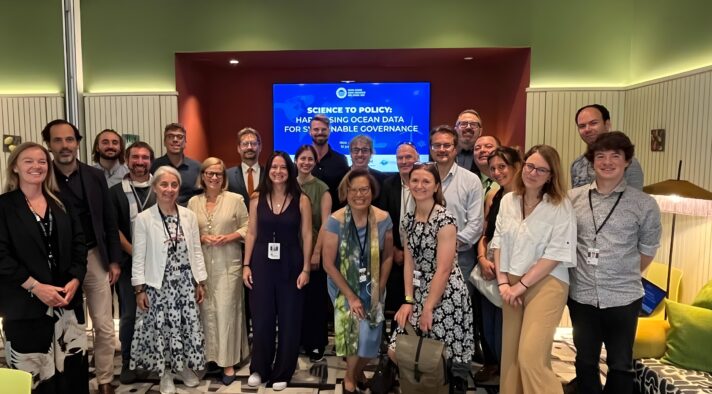
At a time of unprecedented global challenges, the need for an inclusive global governance system has never been more pressing. “The Rio de Janeiro Declaration: Empowered Subnational Governments Shaping a Sustainable, Just and Resilient Future”, adopted at the Regions4 General Assembly 2024, stands as a rallying call for the inclusion and recognition of subnational governments- cities and regions- within the United Nations system. It is time to acknowledge that local and regional authorities are not merely administrative entities. They are vital political actors with the capacity to drive sustainable development and resilience from the ground up.
Despite their critical role in shaping policies, mobilizing communities, and turning global goals into local action, subnational governments are often sidelined in global decision-making. This must change.
The 2023 Global Sustainable Development Report revealed alarming statistics: only 18% of the Sustainable Development Goals (SDGs) are on track. The first climate Global Stocktake last year alerted that if we continue the current path, we could face a 2.8°C temperature rise by the end of the century. Moreover, biodiversity loss, collapsing ecosystems and rising pollution present escalating risks to future generations.
We can’t continue doing the same things and expect different results. What’s needed is a fundamental shift – one that fully includes and empowers all levels of government, enabling them to realize their full potential and meaningfully contribute to the profound transformations we urgently need. Subnational governments have a deep understanding of their communities’ realities and priorities. They are uniquely positioned to turn global commitments into tangible solutions on the ground.
That’s why Regions4 joins the call of the UN Secretary General Advisory Group on Local and Regional Governments for a formal mechanism that ensures local and regional governments are heard and their contributions recognized at the UN level.
To accelerate action at the necessary pace and scale, financial resources must reach subnational governments. Despite facing the brunt of climate change, only 10% of adaptation funding reaches local levels, highlighting the urgent need to strengthen financial mechanisms that empower regional authorities to build resilience. At the Regions4 International Forum, “Shaping a Resilient Future: Unleashing Finance at the Subnational Level,” we heard inspiring examples of how this can be done, including redirecting fossil fuel subsidies to climate and biodiversity initiatives. Expanding successful models, like the EU’s Mission on Adaptation, which directly supports regions in building resilience, is key to meeting global goals.
In 2024, global summits such as the UN Summit of the Future, the Biodiversity CoP16, or Climate CoP 29 will bring world leaders together to address these urgent issues. The Summit of the Future offers a pivotal chance to advocate for a more inclusive UN system, one where regions have a real voice in shaping solutions.
As we face extraordinary challenges, we need extraordinary solutions. Ensuring subnational governments have a seat at the table within the UN is essential. Formalizing their inclusion in UN decision-making processes is crucial – not just to amplify local and regional voices, but to make them key players in shaping our collective future, one that is truly worth dreaming of.
Natalia Uribe
Regions4 Secretary-General
The views expressed in this commentary are from the author only.



